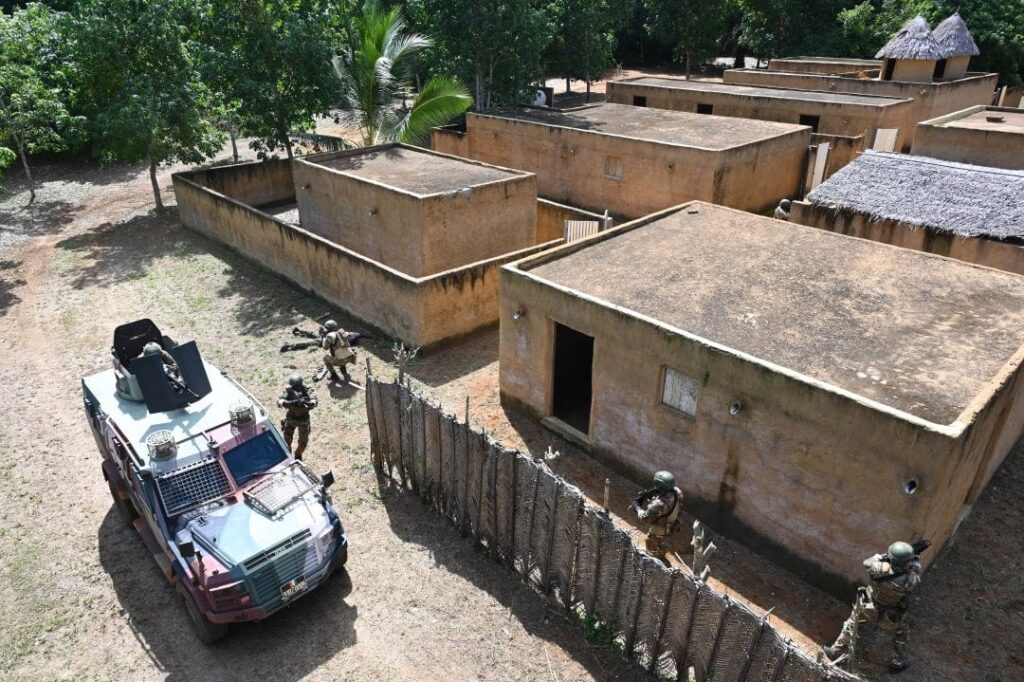Prosecutors in Ivory Coast have charged 11 individuals, including prominent members of the opposition African Peoples’ Party Côte d’Ivoire (PPA-CI) of ex-president Laurent Gbagbo, with alleged “terrorist” offences following violent unrest earlier this month.
According to prosecutor Oumar Braman Koné, the violence erupted on the night of August 1 in an Abidjan suburb, when a public transport bus was set ablaze and a police vehicle attacked. Koné described the assailants as “a horde of hooded individuals holding machetes, clubs, firearms, and incendiary cocktails.”
Following an investigation, police arrested nine suspects, several of whom are PPA-CI members. During questioning, the suspects reportedly implicated Lida Kouassi Moïse, a former defence minister, and Koné Boubakar, a retired ambassador, as the alleged instigators. Both men were taken into custody over the weekend.
Prosecutors claim the accused sought to incite “terror” and destabilise the country after President Alassane Ouattara’s controversial announcement that he would seek a fourth term in the October 25 presidential elections. The 11 suspects now face multiple charges, including “terrorist acts, conspiracy against state authority, participation in an insurrection, wilful damage to a vehicle, and arson.”
The PPA-CI has strongly denied involvement in the unrest, denouncing what it calls “an operation of intimidation and repression” as well as “judicial and political harassment.” The party insists the arrests are politically motivated, a claim Koné rejected, saying there was no political agenda behind the charges.
The West African nation is already grappling with heightened political tensions less than three months before the presidential poll. Recent court rulings have barred several key opposition figures, including Gbagbo himself, from contesting the election, fuelling further unrest.
On Saturday, thousands of opposition supporters staged a peaceful protest in Yopougon the same district where the alleged attacks occurred demanding the reinstatement of disqualified leaders to the electoral rolls and opposing Ouattara’s candidacy.
The developments mark a significant escalation in the country’s fraught pre-election atmosphere, raising fears of potential instability reminiscent of past electoral crises. Observers warn that with tensions running high, maintaining peace and ensuring a credible electoral process will be crucial in the coming weeks.

